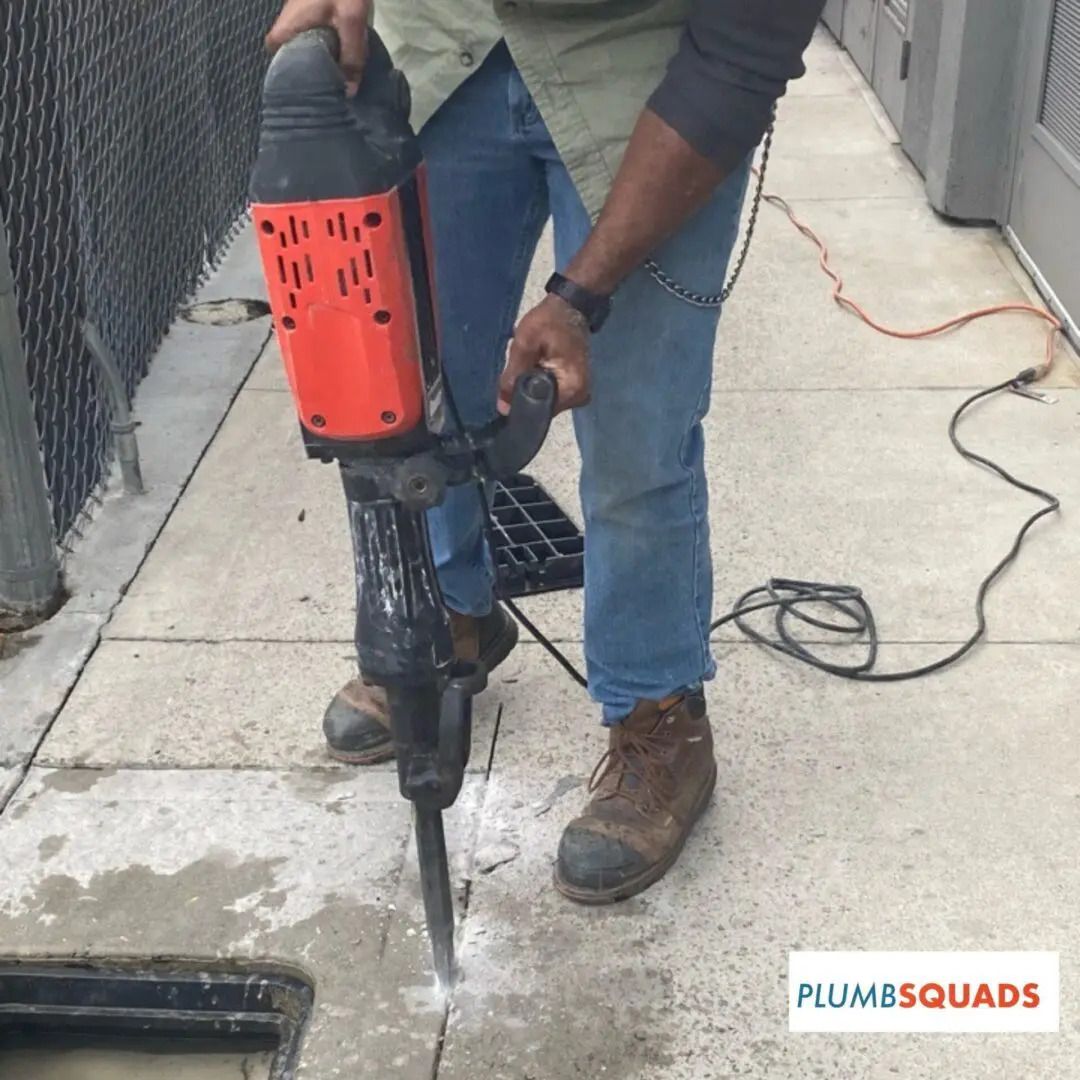Almost all homes are constructed with a concrete slab foundation with plumbing running underneath. When your plumbing pipes crack or leak, it can cause water to leak under the concrete slab foundation of your house, and do quite a bit of damage in little time. A slab leak means major water damage to walls, hardwood flooring, carpeting, drywall, high water bills and pricey problems down the road.
While cracks and crevices can be caused by a lot of things like the natural movement of the ground, invasive roots, and other natural phenomena, they can be a sign that there’s a leak under the concrete slab.
These cracks do not manifest overnight. So, when they appear, it’s best to have them checked immediately.
WARNING SIGNS OF CONCRETE FLOOR WATER DAMAGE
- Cracking
- Discoloration
- Mold
- Suddenly skyrocketing water bills even though your usage has not changed
- Low water pressure from a leak under your foundation
- A foul odor from walls or floors
- Hearing water running, though no taps are on
- Your once lush lawn is growing uneven
- Several cracks in the foundation
- Faded, damp and warm floors
To effectively clean your water damaged concrete floor, which may require the following steps and a dehumidifier:
- Remove standing water
- Install a dehumidifier and dehumidify surrounding area
A concrete floor that is soaked is likely to require some extra steps:
- Open any windows and allow a large amount of air to circulate
- Remove as much water as you can to ensure that you concrete is not as soaked as before.
- Purchase or rent fans and dehumidifiers to evaporate any water that may have been left over from the initial drying process
- Remove debris from the area, as it is likely to have soaked any moisture and could prolong the process
One of the best things you can do to prevent these issues from happening is by applying sealant. Sealant such as polyurethane caulk fills any gaps between your flooring tiles to prevent moisture build-up and strain on your floors over time.
However, despite these measures, it can be difficult to spot and prevent water leaks in concrete slabs on your own, which is why it’s important to consult with an expert on the matter.

